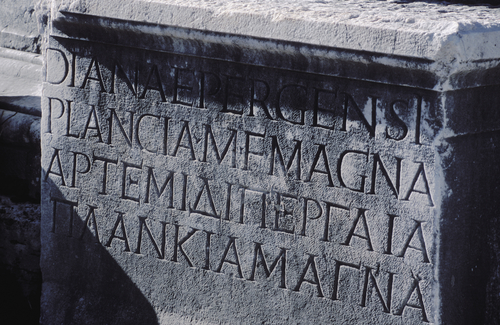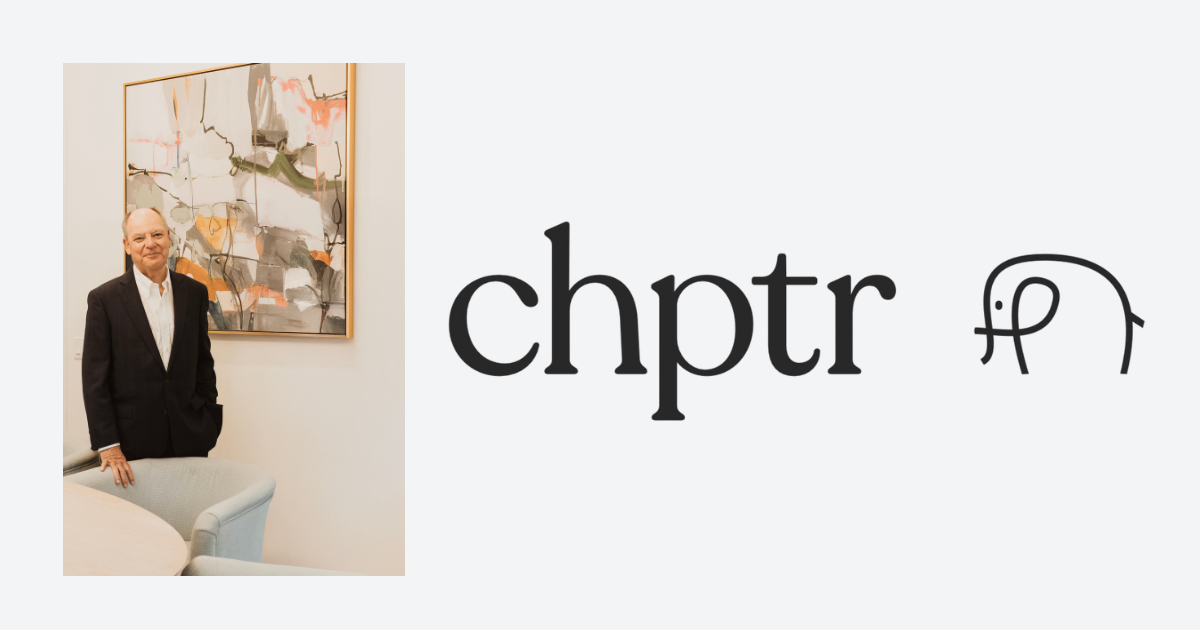Are You Living Your Eulogy or Your Resume? A Power Piece From Arianna Huffington
Originally published on Arianna’s LinkedIn Blog
“Today I want every American to see how these men and women lived,” President Obama saidSunday, eulogizing the 12 men and women killed in the Washington Navy Yard shooting. He spoke of volunteers who made time to give back to their communities, like “Frank Kohler, giving dictionaries to every third-grader in his county,” and “Marty Bodrog, leading the children’s Bible study at church.” There were fathers like Mike Ridgell, “coaching his daughters’ softball teams and joining Facebook just to keep up with his girls, one of whom said he was always the cool dad.” There were mothers like Mary Francis Knight, “devoted to her daughters … who had just recently watched with joy as her older daughter got married,” and grandparents like John Johnson, “always smiling, giving bear hugs to his 10 grandchildren … who would have welcomed his 11th grandchild this fall.”
Have you noticed that when people die, their eulogies celebrate life very differently from the way we define success in our everyday existence? Eulogies are, in fact, very Third Metric. At HuffPost we’ve made the Third Metric — redefining success beyond money and power to include well-being, wisdom and our ability to wonder and to give — a key editorial focus. But while it’s not hard to live a Third Metric life, it’s very easy not to. It’s easy to let ourselves get consumed by our work. It’s easy to use work to let ourselves forget the things and the people that truly sustain us. It’s easy to let technology wrap us in a perpetually harried, stressed-out existence. It’s easy, in effect, to miss our lives even while we’re living them. Until we’re no longer living them.
For most of us, our eulogy will be not just the first formal marking down of what our lives were about but the only one. The eulogy is the foundational document of our legacy, of how people remember us, of how we live on in the minds and hearts of others. And it is very telling what you don’t hear in eulogies. You almost never hear things like:
“Of course his crowning achievement was when he made senior vice president.”
Or:
“What everybody loved most about her was how she ate lunch at her desk. Every day.”
Or:
“He was proud that he never made it to one of his kid’s Little League games because he always wanted to go over those figures one more time.”
Or:
“She didn’t have any real friends, but she had 600 Facebook friends, and she dealt with every email in her inbox every night.”
Or:
“But he will live on, not in our hearts or memories, because we barely knew him, but in his PowerPoint slides, which were always meticulously prepared.”
No matter how much a person spends his or her life burning the candle at both ends, chasing a toxic definition of success and generally missing out on life, the eulogy is always about the other stuff: what they gave, how they connected, how much they meant to the lives of the real people around them, small kindnesses, lifelong passions and what made them laugh.
So the question is: Why do we spend so much time on what our eulogy is not going to be?
“Eulogies aren’t résumés,” David Brooks wrote in June. “They describe the person’s care, wisdom, truthfulness and courage. They describe the million little moral judgments that emanate from that inner region.”
And yet we spend so much time and effort and energy on those résumé entries, which are gone as soon our heart stops beating. Even for those who die with amazing résumés, whose lives were synonymous with accomplishment and achievement, their eulogies are mostly about what they did when they weren’t achieving and succeeding — at least by our current, broken definition of success. For example, look at Steve Jobs, a man whose life, at least as the public saw it, was about creating things, things that were, yes, amazing and game-changing, but when his sister, Mona Simpson, rose to memorialize him at his memorial service at Stanford University, that’s not what she focused on.
Yes, she talked about his work and his work ethic, but mostly as manifestations of his passions. “Steve worked at what he loved,” she said. But what really moved him, what he really loved, was love. “Love was his supreme virtue,” she said, “his god of gods.” And though yes, he loved his work, he loved his family too:
When [his son] Reed was born, he began gushing and never stopped. He was a physical dad, with each of his children. He fretted over Lisa’s boyfriends and Erin’s travel and skirt lengths and Eve’s safety around the horses she adored.
And then she added this touching image: “None of us who attended Reed’s graduation party will ever forget the scene of Reed and Steve slow dancing.”
And about his wife: “His abiding love for Laurene sustained him. He believed that love happened all the time, everywhere. In that most important way, Steve was never ironic, never cynical, never pessimistic.”
And then there were lines like these, sprinkled throughout:
“Steve was humble.”
“Steve liked to keep learning.”
“Steve cultivated whimsy.”
“With his four children, with his wife, with all of us, Steve had a lot of fun.”
“He treasured happiness.”
“He was an intensely emotional man.”
His sister made sure in her eulogy that we knew that Steve Jobs was a lot more than just the guy who invented the iPhone. He was a brother and a husband and a father who knew the true value of what technology can so easily distract us from. Even if you build an iconic product, even one that lives on, what will be foremost in the minds of the people you care about most will be the memories you built in their lives. In her 1951 novelMemoirs of Hadrian, Marguerite Yourcenar has the Roman emperor meditating on his death: “[I]t seems to me as I write this hardly important to have been emperor.”
And Thomas Jefferson’s epitaph describes him as “author of the Declaration of American Independence … and father of the University of Virginia.” No mention of the presidency.
What the old adage that we should live every day as our last usually means is that we shouldn’t wait until it’s our last day on Earth to begin prioritizing the things that really matter.
Anyone with a few smartphones and a full email inbox knows that it’s easy to live while not being aware we’re living. So a Third Metric life would be one lived in a way that’s mindful of what our eulogy will one day be. “I’m always relieved when someone is delivering a eulogy and I realize I’m listening to it,” joked George Carlin. We may not be listening to our own eulogy, but we’re actually writing it all the time, every day. The question is how much we’re giving the eulogizer to work with.
This past summer an obituary of a Seattle woman named Jane Lotter, who died of cancer at 60,went viral. The author of the obit was Lotter herself.
“One of the few advantages of dying from Grade 3, Stage IIIC endometrial cancer, recurrent and metastasized to the liver and abdomen,” she wrote, “is that you have time to write your own obituary.” After giving a lovely and lively account of her life, she shows that she lived a life with the true definition of success in mind. “My beloved Bob, Tessa, and Riley,” she writes. “My beloved friends and family. How precious you all have been to me. Knowing and loving each one of you was the success story of my life.”
Just months before the historian Tony Judt died of ALS in 2010, he gave an amazing interview to Terry Gross on NPR’s Fresh Air. She asked him about his spiritual beliefs. He replied:
I don’t believe in an afterlife. I don’t believe in a single or multiple godhead. I respect people who do, but I don’t believe it myself. But there’s a big “but” which enters in here: I am much more conscious than I ever was, for obvious reasons, of what it will mean to people left behind once I’m dead. It won’t mean anything for me, but it will mean a lot to them, and it’s important for them, by which I mean my children or my wife or my close friends, that some spirit of me is, in a positive way, present in their lives, in their heads, in their imaginings and so on. So in one curious way I’ve come to believe in the afterlife as a place where I still have moral responsibilities, just as I do in this life except that I can only exercise them before I get there. Once I get there, it’ll be too late. So no god, no organized religion, but a developing sense that there’s something bigger than the world we live in, including after we die, and that we have responsibilities in that world.
So whether you believe in an afterlife, as I do, or not, by being fully present in your life and in the lives of those you love, you are creating your own afterlife and writing your own eulogy. It’s a valuable lesson, even more so while we have the good fortune of being healthy and having the energy and freedom and lack of impediments to create a life of purpose and meaning.
It shouldn’t take a near-death experience to remind us of what we’re all going to lose one day.According to Colors magazine, something called “living funeral therapy” is becoming increasingly popular in South Korea, which has the highest suicide rate of developed countries. It can involve actually getting in a coffin and having it nailed shut, to experience a glimpse of the finality and closure of death. One operator sometimes has the participants make a list of the people in their lives who matter to them. One woman said the process made her realize she’d been neglecting her husband. “I feel like I’ve been reborn,” she said. “I want to call my husband, to tell him ‘thank you,’ and ‘sorry.'”
It’s an extreme method, and hopefully most of us won’t need to be nailed shut inside a coffin to get a sense of what we really value. But the good news is that if you’re reading this, there’s still time to live up to the best version of your eulogy.
Here are some of my favorite eulogies, courtesy of Alison Nastasi of The Atlantic. Do you have a favorite eulogy, or something in particular you remember from a eulogy you heard? Please use the comments section to share.
Photo: ETIENjones / Shutterstock




